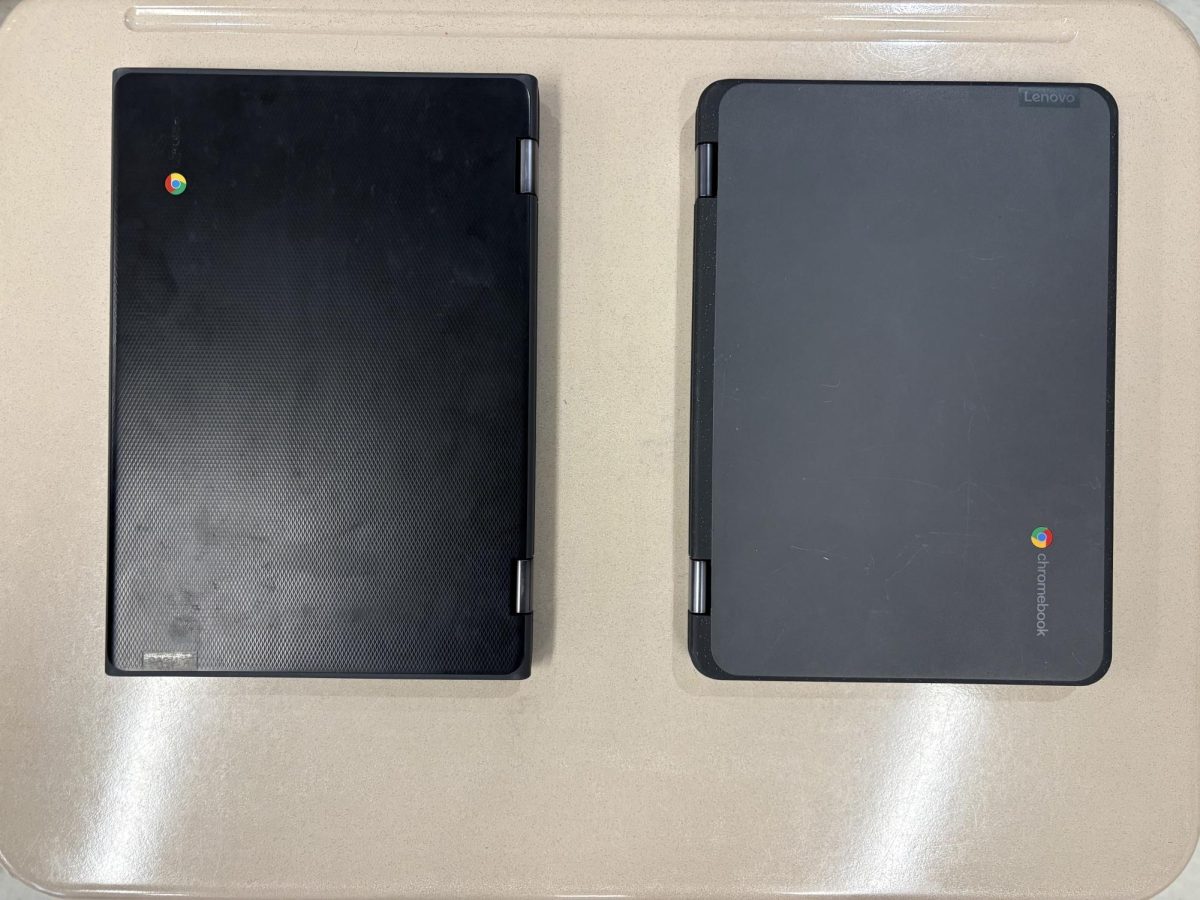In an effort by the MSDE to see if the quarantine and virtual learning has caused regression in math and literacy skills, all MCPS students were required to take a Measures of Academic Progress (MAP) test for reading and math. For WJ students, this testing occurred in homeroom, on September 22 and 29.
It’s possible that the test will affect the teaching or classes some students receive or take. Assistant Principal Gail Samuels is unsure of how teaching will be impacted by the test, but she believes it’s possible that high-scoring students will have encouragement to move to higher classes, while low-scoring students will have some form of intervention to help them improve their reading and math skills.
“Overall, for the general population…it won’t have much of an impact,” Samuels was quick to add.
Furthermore, if virtual learning continues throughout the year, MAP testing may not be going away. MCPS may administer MAP testing again during the school year to continue checking on students’ progress in a time where learning is no longer face-to-face. However, there most likely will not be diagnostic testing for subjects besides reading and math.
Some WJ students feel that the MAP testing isn’t an accurate way to determine if students have academically regressed. “Standardized tests simply aren’t reliable enough. [Teachers] need to directly interact with students to understand them, not [have them] take a 50-question test that most students…don’t care about,” junior Cian Haefele said.
Some teachers are also concerned, and a few believe that standardized testing isn’t a good idea. “I think it’s drastically unfair to ask students to test and teachers to facilitate testing in the current school climate,” an anonymous teacher said.
Despite testing this year being entirely virtual, few modifications were made to the test. The test itself was the same one MCPS students took in middle school, and the test remained untimed. However, communication with the proctor was different than in years past (proctors used the Zoom reaction buttons and chat to determine if a student needs help), and it was harder to troubleshoot the test because only the proctor can offer aid, and they couldn’t assist the troubled student in person.
Unfortunately, taking the test virtually had issues in itself: although students were required to have their cameras on, there was no way to stop students from using unauthorized online materials to cheat on the test. “It’s one of the concerns I have in regards [to the test],” Samuels said. However, if a student is found to have cheated, their score will be invalidated and the code of conduct for academic dishonesty will be followed.
In terms of preparing for the test, Samuels recommended that students test their devices to make sure they’re sufficient and ready for testing; the MAP isn’t exactly a test for which students can study. Samuels hopes that students don’t get worked up over the MAP tests. “Just do the best you can,” she said.




















